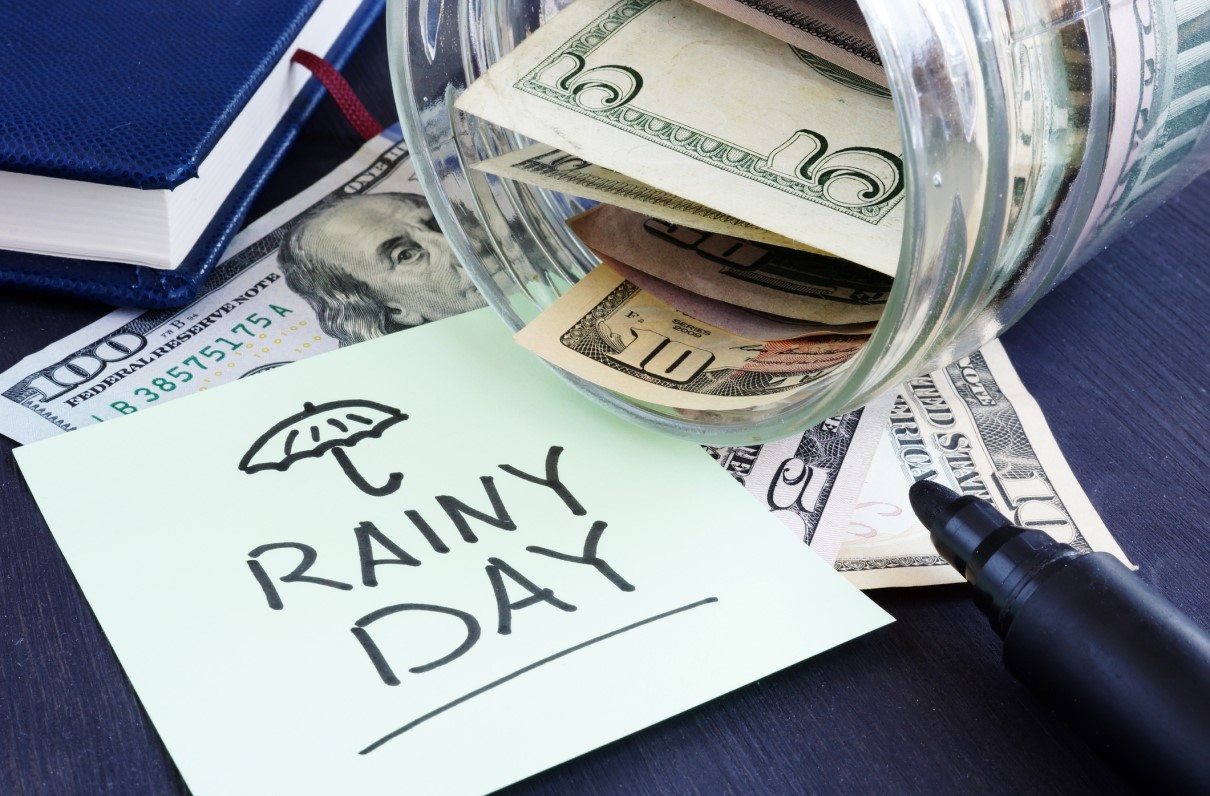Establishing an emergency fund can prevent financial pressures from causing full-on disasters … but only if you use the money you’ve saved when you need it.
This message highlighted guidance offered by Lila Quintiliani, MOAA’s program director for financial benefits education and counseling, during a recent appearance on Militarily Speaking, a podcast produced by Armed Forces Bank with a focus on military life and finances.
The episode, recorded as the threat of a government shutdown loomed near the end of last fiscal year, included advice from Quintiliani on how to manage your finances before or during any loss of income. One step neglected by many facing financial difficulty: Actually using the money you’ve set aside for such situations.
“We kind of have a psychological block against touching that,” Quintiliani said during the interview. “I’ve seen people get into debt because they didn’t want to touch their emergency fund, but that’s exactly what it’s for.”
[RELATED: Would a Government Shutdown Affect Your Income? Here’s How to Prepare]
Tapping into savings may be uncomfortable, but it can be a much better option than seeking emergency funds from “nefarious places,” Quintiliani said.
Other options include speaking with creditors and banks to find out what assistance is available, as well as accessing service-specific resources such as relief societies and family readiness centers on military installations.
[RELATED: The MOAA Foundation’s Crisis Relief Program]
Other advice offered during the interview for those facing financial problems:
- Prioritize expenses to meet basic needs and key financial obligations.
- Take stock of retirement account contributions, and consider scaling them back to address immediate needs.
- Rethink debt payments, prioritizing minimum payments over paying down balances to avoid deeper financial difficulty.
While the imminent threat of a shutdown passed in September, negotiations on Capitol Hill continue … and even if the government remains open in the new year, servicemembers and others with federally connected income should be prepared for the cycle to repeat itself in the coming months and years.
“This is not really new, and I would say that it’s kind of evergreen advice – that you should always be ready for this, because unfortunately, it’s kind of the way things are right now,” Quintiliani said.
Quintiliani also covered MOAA’s advocacy and charitable efforts on the podcast, which launched in 2021. See more episodes at this link, and get more financial guidance from MOAA’s experts at MOAA.org/Finance.
MOAA’s Financial Calculators
Whether you’re planning for retirement, buying a home, managing your investments, or more, these tools can help you make informed decisions.

